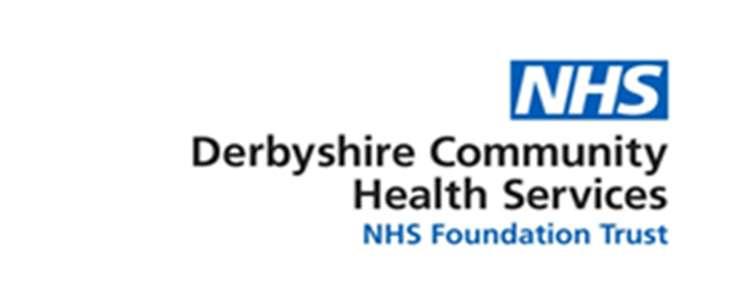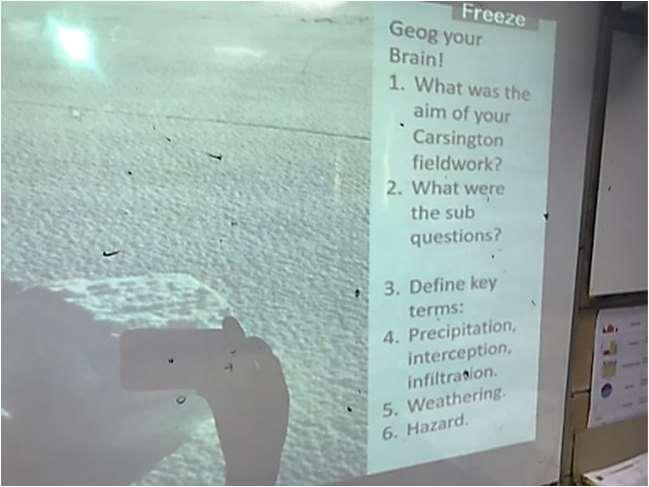Highfields School
Issue 21: 14 February 2020
Newsletter Curriculum Spotlight Computing Mrs Hadfield
Through Computing lessons we aim to equip students across all years with the confidence and skills they need to succeed in a digital world. We do this through a wide variety of topics that are built upon over the three years including those in the national curriculum and ending with a certification that all year 9s can take away to prove digital competency, employability and entrepreneurial skills. The content of the curriculum is blend of the knowledge and skills students need in using computers in their day to day lives and explicit computing skills which are part of the national curriculum. One skills area of which we are particularly proud is computational thinking skills. In its simplest form this means skills for problem solving using a variety of techniques. This way of thinking helps students to learn a programming language. However, it has significance in every subject taught in school, as it is recognised as being an essential skill for successful learners. We develop these skills using real world scenarios, for example by exploring the cholera in nineteenth century Soho and stopping the spread of malaria. We also take part in several Computational Thinking competitions, such as Bebras and TCS Oxford Computational Thinking. The second stage of this competition starts at the beginning of March. As a school we are extremely successful in these competitions and currently have 80 students across all year groups through to the next round. Programming itself is developed firstly by using a block based programming language called Scratch. This involves grouping jigsaw blocks of code together to create a solution. Students create a Pac Man style game and a robot exploring a distant planet. In year 8 this is then moved onto Python, which is the text-based programming language that we use at GCSE. Students create a Magic 8 Ball complete with regional dialect. In year 9 those skills are developed further to create a calculator in Python. Certification is something we introduced last year responding to a gap in the examinations available to us. Industry asks for job applicants to have a C or above in ICT, but there is no GCSE in ICT, only Computing. The certification programme provides all year 9 students with the opportunity to gain official recognition of their digital competency.
Be the best you can
- 10 -









